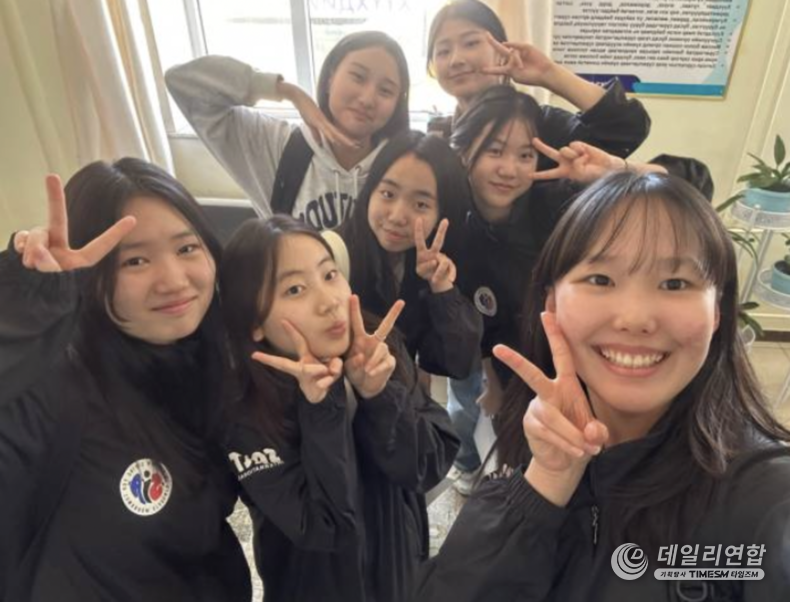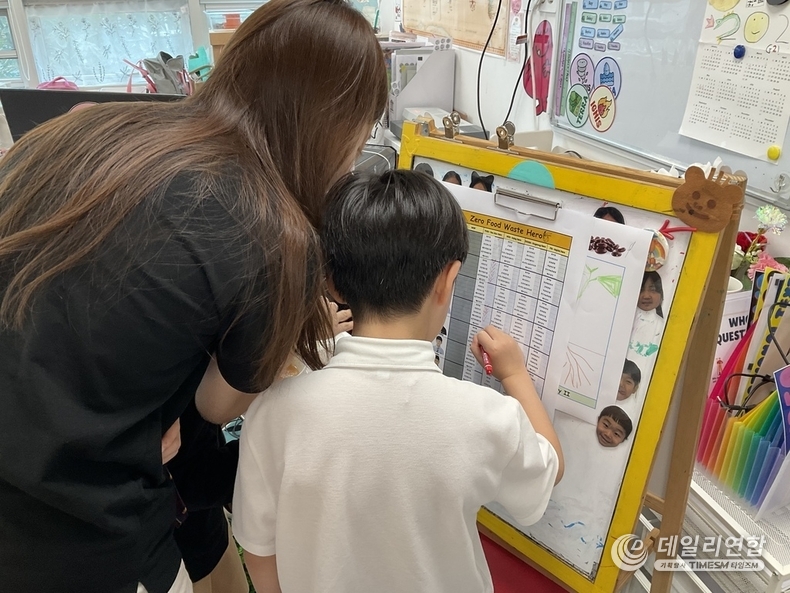
By Aran Na, Student Reporter, SNSJTV / Daily UnionㅣWhile corporations argue about the costs of sustainability, South Korean teenagers are simply doing it. Now, a group of South Korean teenagers is challenging that view.
The “SIA ACTizens” team from SALT International School is asking a pointed question: Is consistent action the real solution? Their campaign goes beyond a typical school project, directly targeting what they see as adults’ “greenwashing” habits.

Globally, ESG has become a benchmark for corporate responsibility.
Yet critics contend that it has struggled to live up to its promise.
The framework, they argue, is weighed down by high implementation costs, complex reporting requirements, and the constant pressure for quarterly profits.
These hurdles often cause initiatives to stall long before they produce meaningful change.
The problem is not unique to South Korea. Across many countries, long-term sustainability goals are routinely sacrificed for immediate financial performance.
The ACTizens’ own journey reflects this tension.
At first, they planned to assess ESG practices at other schools. But those ambitions proved too large for what students could realistically achieve. Instead, they discovered a more practical lesson: small, measurable actions can matter more than sweeping strategies.

Food waste became their entry point.
It is a problem with both global scale and local urgency.
Each year, the world discards more than a billion tonnes of food. In South Korea alone, over five million tonnes are thrown away annually at a cost of nearly two trillion won (about USD 1.5 billion).
The ACTizens designed a campaign to cut waste inside their school. At first, trays often came back with rice and kimchi untouched. Soon, clean plates became a source of pride.
Classes tracked scores. Elementary students joined a “No Leftovers Challenge.” Even teachers took smaller portions to set an example.
The project didn’t stop there.
They created posters to raise awareness, shared daily tips on reducing waste, and even organized themed school events where ESG was integrated into games and activities. By combining education with entertainment, the effort reduced waste and made ESG principles part of daily routines.
What distinguishes ACTizens’ work is intent.
This is not symbolic volunteering but an experiment in fixing systemic problems, one clean stray at a time.
"Perfection is unrealistic, but starting matters.” they argue. For now, the students have made their move. The next one, they insist, belongs to adults.
This article was researched and written by student reporter trainee Aran Na as part of the student journalism training program.









